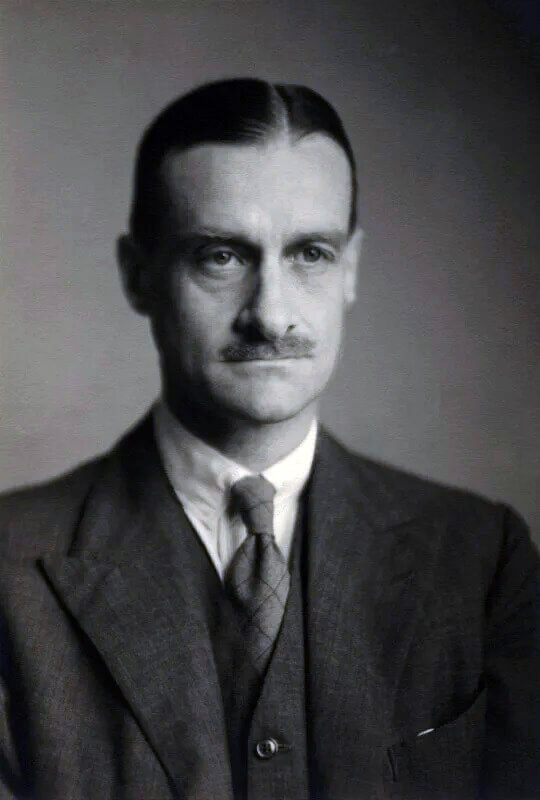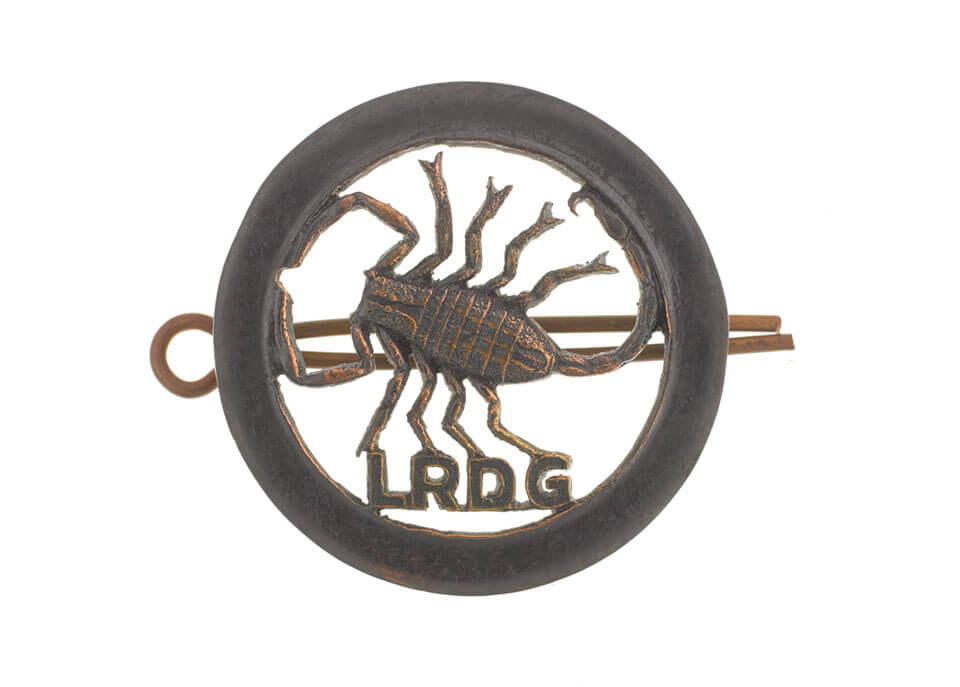| Page Created |
| February 4th, 2023 |
| Last Updated |
| January 15th, 2024 |
| Opposing Parties |
| British Biographies Long Range Desert Group Biographies Allied Biographies Axis Biographies |
| Ralph Alger Bagnold |
 |
| Long Range Desert Group |
 |
| Biography |
Ralph Alger Bagnold is a British explorer, geographer, and desert explorer who made significant contributions to the field of desert geography. Born on April 3rd, 1996, in Plymouth (Stoke-Devonport), England, Bagnold developed an early interest in exploration and geography. After studying at Cambridge University, he joins the British Army and serves as an officer in World War I. Following the war, he becomes interested in the geography of deserts and makes several expeditions to the Libyan Desert in North Africa.
In the 1920s and 1930s, Bagnold conducts a series of scientific surveys in the Libyan Desert, studying the movement and behavior of sand dunes. He uses this data to develop a theoretical framework for the behavior of sand dunes, which becomes known as the “Bagnold formula.” This formula is used to help understand the dynamics of sand dunes and how they are shaped by wind, which is critical information for military operations in the desert.
In 1940, when Italy declares war on the United Kingdom, Ralph Bagnold finds himself in Cairo due to a ship collision. Upon hearing the news of the potential war in North Africa, Bagnold requests an interview with General Archibald Wavell, the Commander-in-Chief of the Middle East. During the meeting, Bagnold proposes that Wavell use his knowledge of the North African terrain to establish a mobile scouting force to carry out operations against the Italian Armed Forces in Libya. Bagnold is granted the authority to form this unit, which is named the Long Range Desert Group (L.R.D.G.), and he serves as its first Commanding Officer until August 1941. He later becomes the Deputy Signal Officer-in-Chief in the Middle East, with the rank of Brigadier.
In 1944, after the defeat of the Axis powers in North Africa, Bagnold retires from the British Army and returns to his scientific pursuits. He is elected as a Fellow of the Royal Society the same year.
After the war, Bagnold continues his exploration of deserts, making several expeditions to other regions of the world, including the Arabian Desert and the American Southwest. He is the author of several books and articles about his explorations and discoveries and is widely recognised for his contributions to the field of desert geography.
Ralph Bagnold dies on May 28th, 1990, at the age of 94, leaving behind a legacy as one of the most important explorers and geographers of the 20th century. He is remembered for his contributions to the understanding of desert environments and for his pioneering work in the study of sand dunes.
